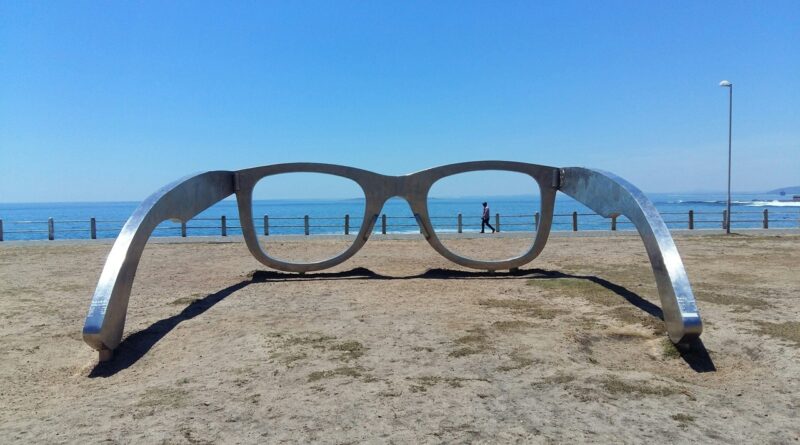Clearer Vision, Brighter Days – 3 Everyday Eye Care Habits
We rely on our eyes for just about everything, yet many of us rarely stop to think about how to look after them. With long hours spent in front of screens, commuting, or rushing from one task to the next, our eyes are constantly under pressure. Fortunately, taking care of them doesn’t require anything complicated, just a few small habits, done consistently, can make all the difference.
We rely on our eyes for just about everything, yet many of us, especially busy parents, rarely stop to think about how to look after them. With long hours spent in front of screens, commuting, helping children with homework, or juggling household tasks, our eyes are constantly under pressure. And it’s not just adults; children are spending more time than ever on tablets, phones, and computers, which can affect their eye health too. Fortunately, taking care of our eyes—and our children’s—doesn’t require anything complicated. Just a few small, consistent habits can make a big difference in protecting your family’s vision for the long run.
Let Your Eyes Rest From Screens
It’s no secret that most of us spend far too much time in front of screens. Whether it’s a computer at work or in school, a phone in hand during the commute, or a tablet before bed, our eyes are almost always in use. This constant focus on bright, close-up light can cause tired, dry eyes, and often leads to headaches or blurry vision.
A simple yet surprisingly effective habit is to look away regularly. Every so often, about every 20 minutes or so, try to focus on something in the distance for a short while. It gives your eyes a chance to reset and relax. Adjusting your screen settings can also make a noticeable difference. Lowering brightness, increasing text size, and keeping the screen just below eye level can all help ease the strain.
Wearing the right glasses for screen use is also worth considering, especially if you already wear lenses. Some people find blue light filters helpful in the evenings, especially when trying to wind down after a long day. The aim isn’t to stop using screens altogether, just to be a bit more thoughtful about how we use them.
Support Your Eyes Through What You Eat and Drink
Our eyes don’t just respond to what’s in front of them, they also reflect what’s going on inside. Staying well hydrated helps prevent that gritty, dry feeling that’s become all too familiar for many people. Water keeps the surface of the eye in good condition and supports healthy tear production. Certain eye care products can also help a lot.
When it comes to diet, certain foods really do support long-term eye health. Leafy greens like spinach and kale, along with brightly coloured vegetables, are packed with nutrients that benefit the eyes. Fish rich in omega-3, such as salmon, sardines or mackerel, can also help keep eyes feeling comfortable. And then there are the classic vitamins: A, C and E, plus zinc, which all play a role in protecting the eye’s delicate tissues.
It doesn’t mean having to follow a strict plan or cut things out entirely. Just adding a few of these foods into your regular meals can help. Think of it as supporting your vision from the inside out.
Protect Your Eyes From the Elements
We’re used to putting on sunscreen when it’s sunny, but our eyes need protection too. UV rays can damage the eyes over time, even on cloudy days, so having a decent pair of sunglasses for yourself and your kids is more than just a style choice. Look for ones that offer full UVA and UVB protection. Wraparound designs are especially useful if you spend a lot of time outdoors.
Wind, dust and even dry air can also irritate your eyes. If you’re cycling, doing outdoor work, or simply on a long walk on a breezy day, it’s worth thinking ahead. A simple pair of glasses can shield your eyes from particles and help prevent that stingy, itchy feeling.
And if you’re doing anything where small bits might fly, sanding, gardening, even cleaning, don’t forget safety eyewear. It’s not just about avoiding major accidents; it’s about preventing those small, unexpected mishaps that can cause lasting damage. If your eyes did suffer some damage consider seeing an expert ophthalmologist!
Eye care doesn’t have to involve big changes. Often, it’s the simple, everyday habits, taking a few screen breaks, drinking more water, wearing sunglasses, that help us see more clearly and comfortably each day.






